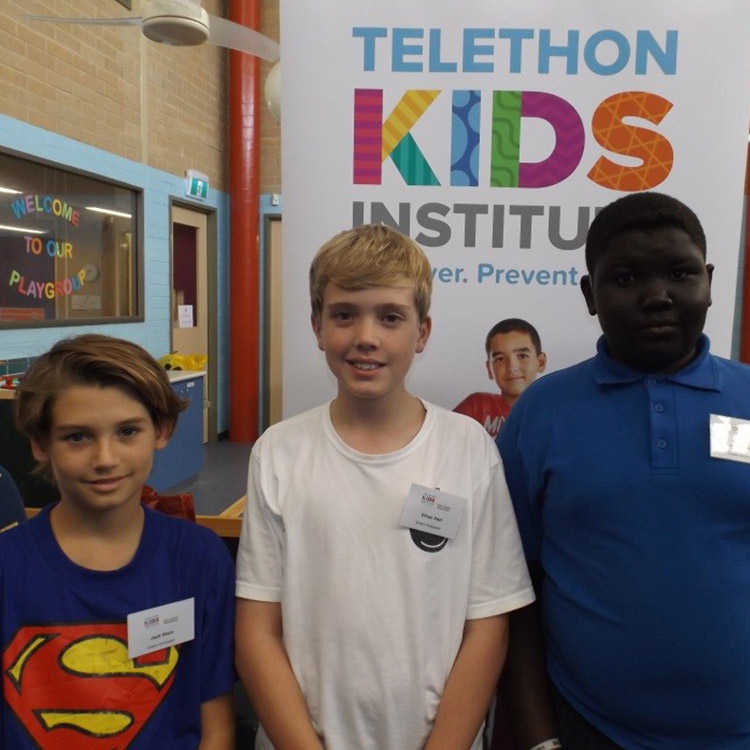Search

Ethan recently took part in Belong, a study led by The Kids which aims to ensure deaf and hard of hearing kids have a happy & positive school experience

A The Kids Research Institute Australia study has found a popular education programme where teenagers care for a "robot" baby fails to reduce teen pregnancy, and could in fac
Mary Brushe BPsych(Hons), PhD (Public Health) Senior Research Officer, Epidemiology mary.brushe@thekids.org.au Senior Research Officer, Epidemiology
The aim of the project was to provide the South Australian Department for Education with a synthesis of high-quality evidence on the population prevalence of various disabilities among school-aged children.
Learning Together, developed by the South Australian Department for Education, aims to create enriched learning environments that can be transferred to the home to support positive changes for children and families.
Yasmin Harman-Smith BA, BHlthSc(Hons), PhD Head, Early Years Systems Evidence; Head, Tenders Support Unit Yasmin.harman-smith@thekids.org.au Head,
Researchers in the Child Health, Development and Education Team support a number of projects financed by the World Bank and the Global Partnership for Education to promote early learning and development in Lao People’s Democratic Republic (PDR).
Investigators: Alanna Sincovich Project description: The Pacific Early Age Readiness and Learning (PEARL) Programme, implemented by the World Bank,

The Early Years Systems Evidence (EYSE) team specialises in working in partnership with governments and service providers, with a distinct focus on improving the life chances of children in Australia.
